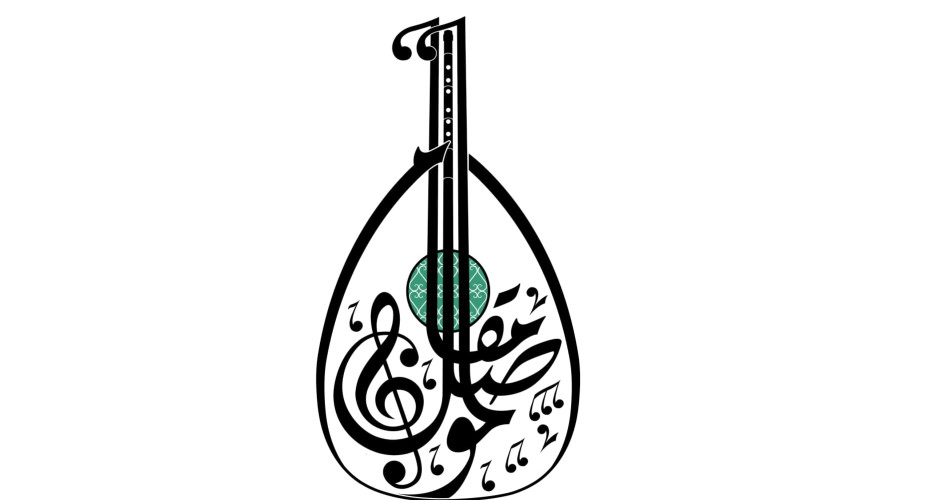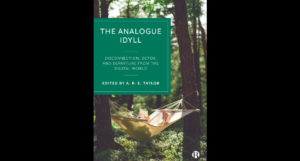Major new project will support preservation of endangered Iraqi musical heritage for future generations

Mosul’s special craft of Maqam, which dates to 750, is even more vulnerable due to the country’s conflicts over the past two decades, including the ISIS attack of 2014
Centuries old Iraqi musical heritage – on the brink of extinction due to political unrest and assaults by ISIS – will be safeguarded for future generations as part of a major new research project.
Years of war and displacement threatens the future of Iraqi Maqam, which has been vibrant for centuries. Maqam is a broad system of melodic modes which encapsulates traditional and folk tales, love stories, and spiritual ceremonies.
Mosul’s special craft of Maqam, which dates back to 750, is even more vulnerable due to the country’s conflicts over the past two decades, including the ISIS attack of 2014.
As part of a new project, Mosul Maqam, researchers will archive the work of the traditional Maqams of the city on digital and social media platforms. They will organise lessons for students and the public at the Fine Arts Institute, Mosul University, introduced by Ramiz Al-Rawwi, Mosul’s iconic Maqam reader. These lessons will be recorded and uploaded to the archive.
Researchers will also interview the last generation of Maqam readers and collectors and displaced performers in rural areas and look for materials available in Iraqi archives.
The project, led by Bryar Bajalan from the University of Exeter and Mosul-based researchers Tahany Saleh and Mahmmood Jumaa, Is funded by the British Council’s Cultural Protection Fund, in partnership with the UK Government Department for Culture, Media and Sport (DCMS).
It will be carried out in collaboration with Kashkul, the center for arts and culture at the American University of Iraq and Sulaimani (AUIS) and the “Volunteer With Us” organization in Mosul.
Mr Bajalan said: “Before ISIS, the sound of Maqam could be heard anywhere in the city – from vendors promoting their products and in kitchens, coffee houses, at weddings, and the public baths. Preserving Maqam means preserving stories of daily life: ramblings in the old city, slipping secret letters to future wives, and picnics at monasteries in spring. Maqam is significant beyond social heritage and material significance. It has spiritual importance, having been used for years in calls to prayer and church choirs.
“The surviving Maqam experts and pioneers in Mosul, most of them elderly, can be counted on one hand. Allowing their expertise in Maqam to remain undocumented would mean the vanishing of this age-old melodic system in a city where so much has already been lost.”
Music production and musicians in Mosul have been targeted through terrorist attacks since 2003. ISIS killed and imprisoned musicians. Performers began clipping their nails to play the guitar quieter and burying their musical instruments in their gardens to hide them. ISIS turned the Spring Theatre in Mosul into a prison and place of execution.
The interviews and music will be preserved in an open-access long-term repository within the Digital Archive of the Middle East (DAME) project, shared with Mosul University, and AUIS. Additional funding from the DAME project at Exeter has been allocated to develop the website to host the project. The project will also be posted on accessible platforms like YouTube and social media.
Three-month long maqam courses will be offered at Mosul University and five small funds will be offered for the creation and promotion of new music using the collected archival database. Musicians will be mentored by world famous performer Amir Al-Saffar. Kashkul will also publish a graphic novel in four community languages crafted by an all-women team, which covers Maqam stories in an inclusive way with a specific focus on female Maqam practitioners who are less visible in the Maqam scene.
The project will conclude with a Maqam festival in Mosul Forest in November 2024, featuring Maqam masters, students from the workshops, and new artists who have used Maqam in their contemporary experiential work. Mosul Forest was used by ISIS to train fighters and recruit children and the festival will celebrate Mosul’s resilience and Mosulis’ commitment to bringing the city back to life.
All the decision-making process in the project will go through the Maqam experts in the city and will be supervised by an advisory board which includes Professor Christine Robins from the University of Exeter, Alana Marie Levinson-LaBrosse from the American University of Iraq Sulaimani, and Amir Al-Saffar, Hodder Fellow at Princeton University and world famous performer.



